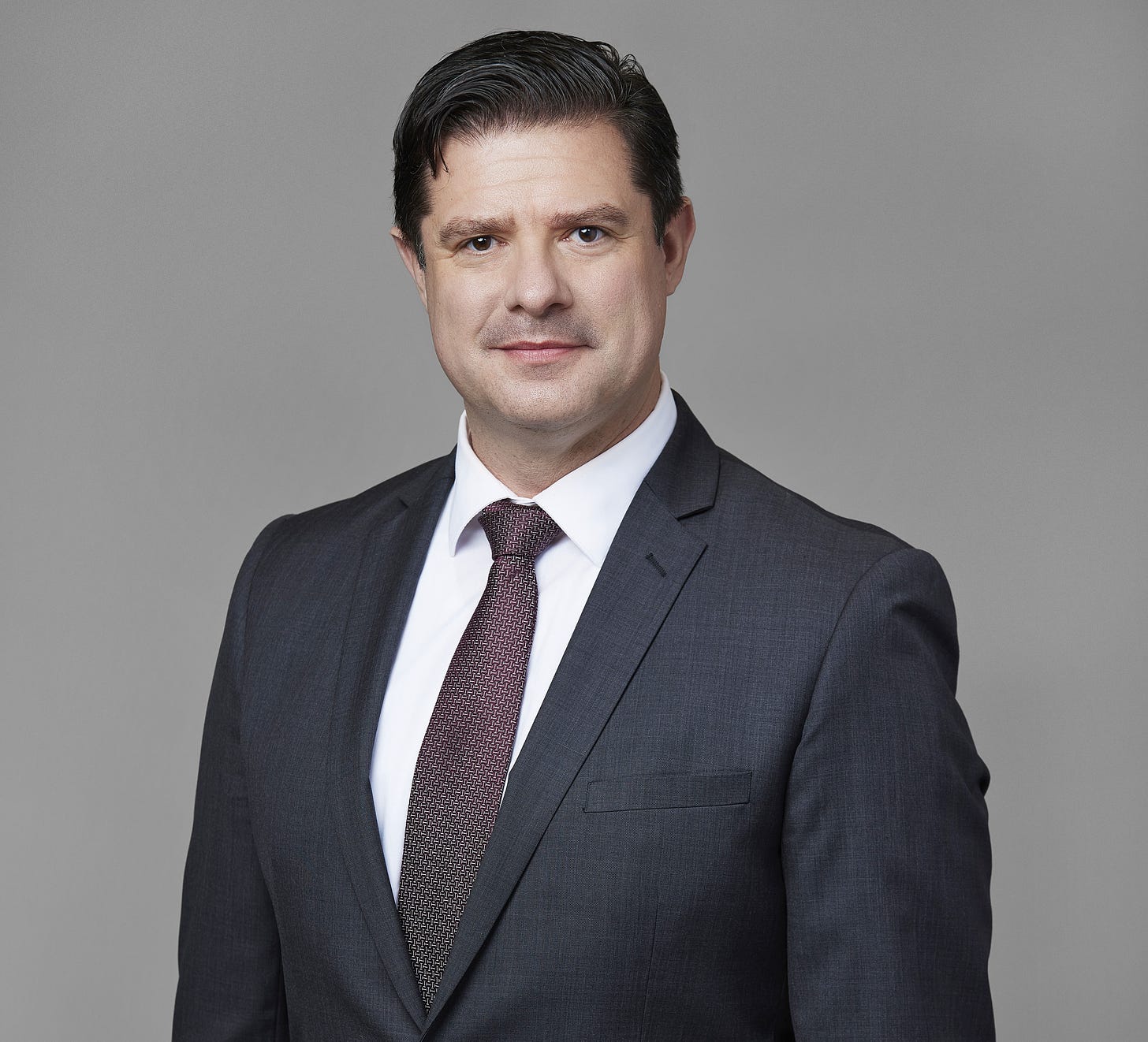Five Questions with Lawyer Matthew Seligman, Who Will Argue before Judge Aileen Cannon Next Week as an Amicus in the Trump Case
Tonight, a really special treat. One week from today, Judge Aileen Cannon, who is presiding over the Special Counsel’s classified documents prosecution against Donald Trump and co-defendants, will hold a hearing on one of Trump’s motions to dismiss the case. It’s an intricate legal argument about the constitutionality of appointing a special counsel that results in the allegation that Jack Smith’s appointment was unconstitutional, so the entire prosecution is faulty.
Judge Cannon took the unusual step of inviting lawyers on both sides of the issue who filed amicus briefs to participate in oral argument. Tonight we are fortunate to have one of them, Matthew Seligman, who will argue that the statute is constitutional, join us to answer my questions about the arguments, the stakes, and the process the Judge is using. Matthew also shares some insight into how lawyers prepare for an argument like this.
Matthew received his J.D. from Stanford Law School, where he was a member of the Supreme Court Litigation Clinic and was the Editor-in-Chief of the Stanford Journal of Law, Business & Finance. After law school, he clerked for Judge Douglas H. Ginsburg on the United States Court of Appeals for the District of Columbia Circuit. Matthew received a Ph.D. in philosophy from New York University, where he focused on moral and political philosophy. He received dual undergraduate degrees in mathematics and philosophy from Stanford University.
Matthew is a fellow at the Constitutional Law Center at Stanford Law School. He has also been a fellow at Yale and Harvard Law Schools. In the fall of 2020, he returned to Harvard to co-teach a course on disputed presidential elections with Professor Lawrence Lessig, with whom he coauthored “How to Steal a Presidential Election,” their very fine 2024 book.
“Five Questions” is a feature for paid subscribers. It’s my way of thanking people who support this work financially so I can devote more time and resources to it. I value having all of you here—free subscriptions will always be available. I’m very grateful to everyone who reads the newsletter and engages in the hard but essential work of civil discourse.
Keep reading with a 7-day free trial
Subscribe to Civil Discourse with Joyce Vance to keep reading this post and get 7 days of free access to the full post archives.




